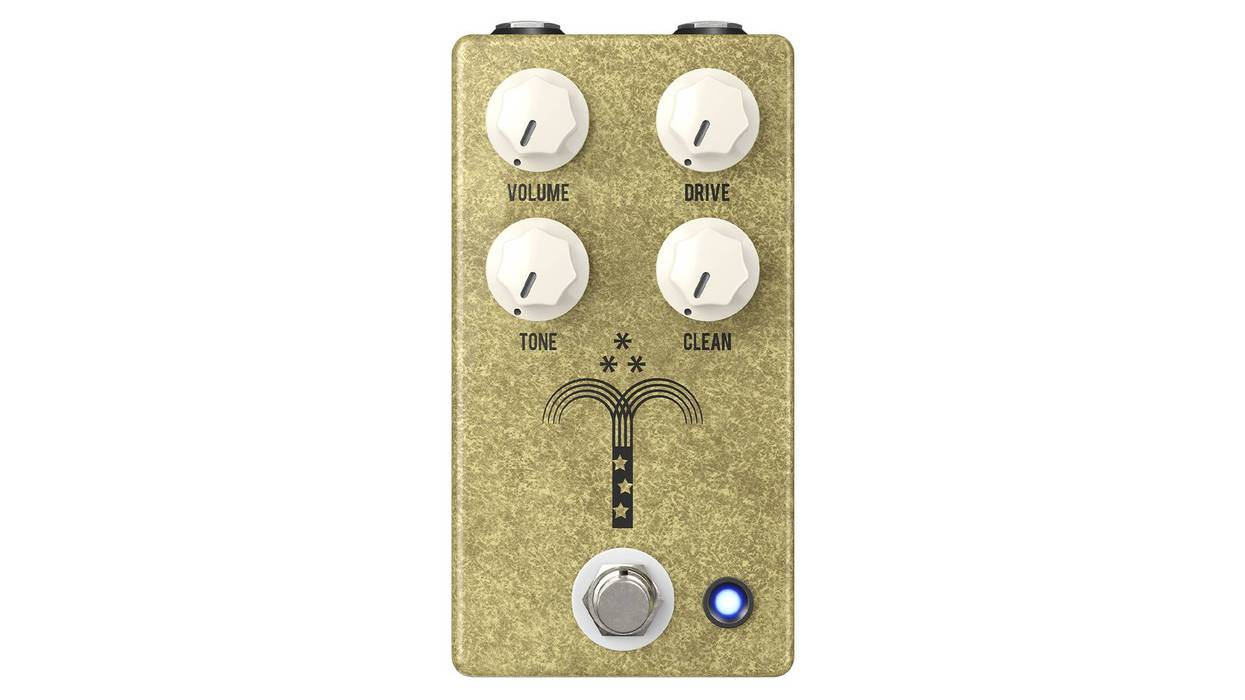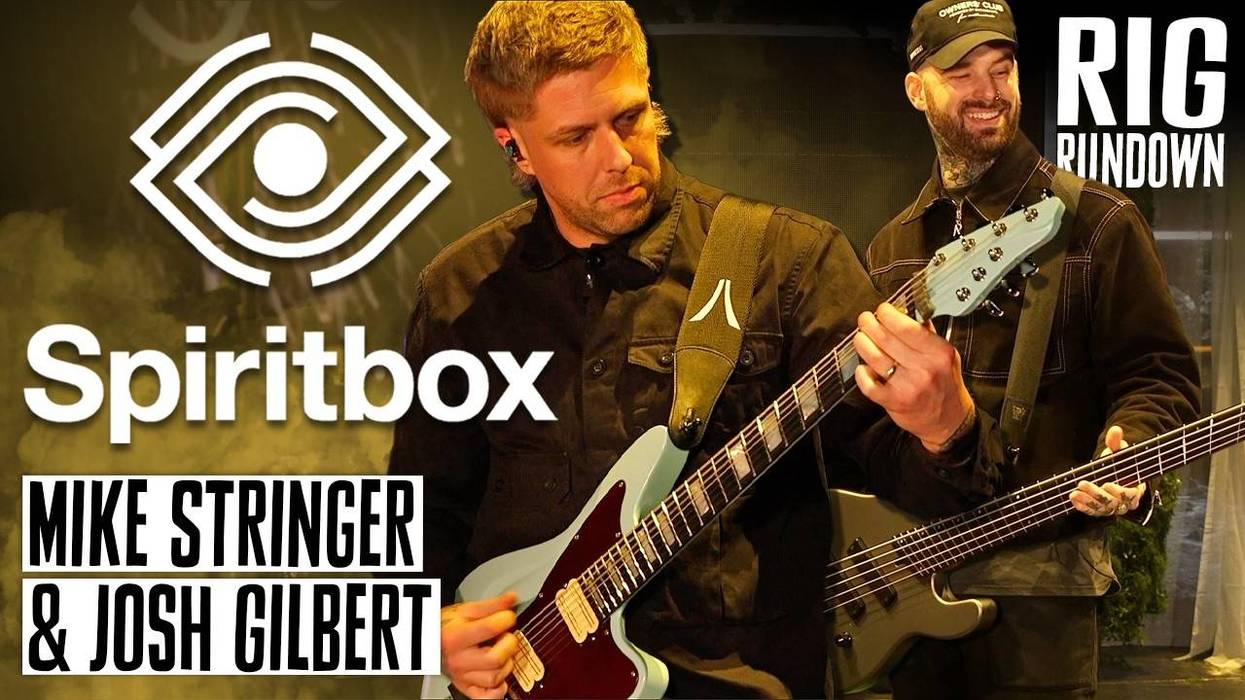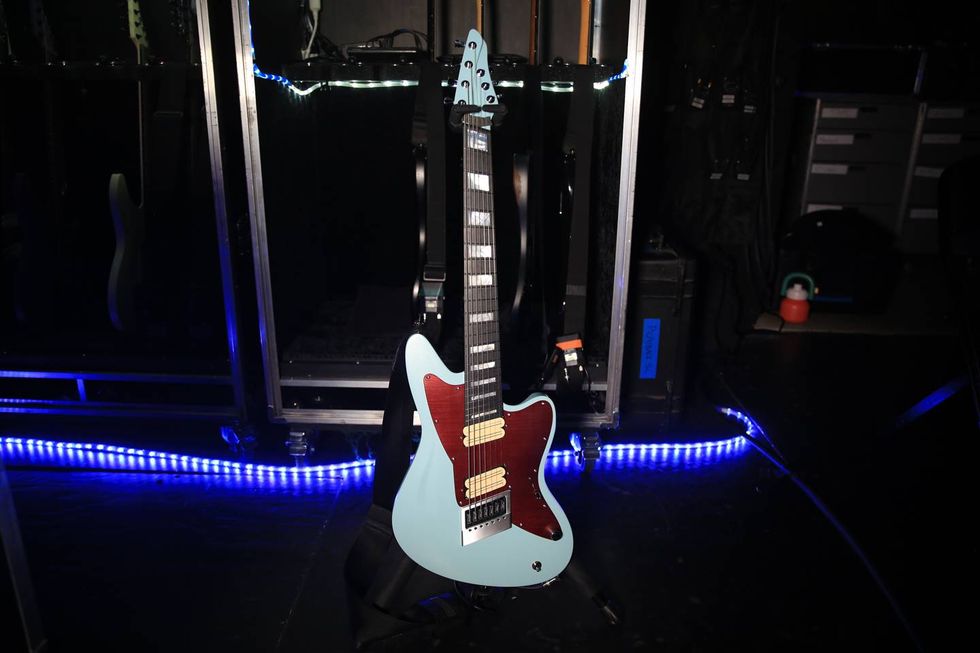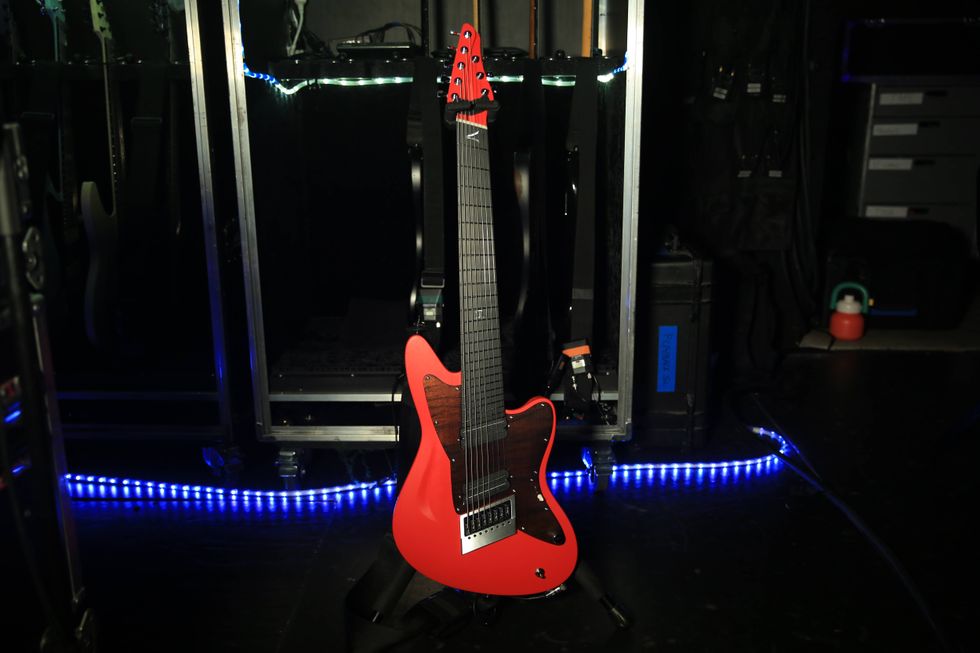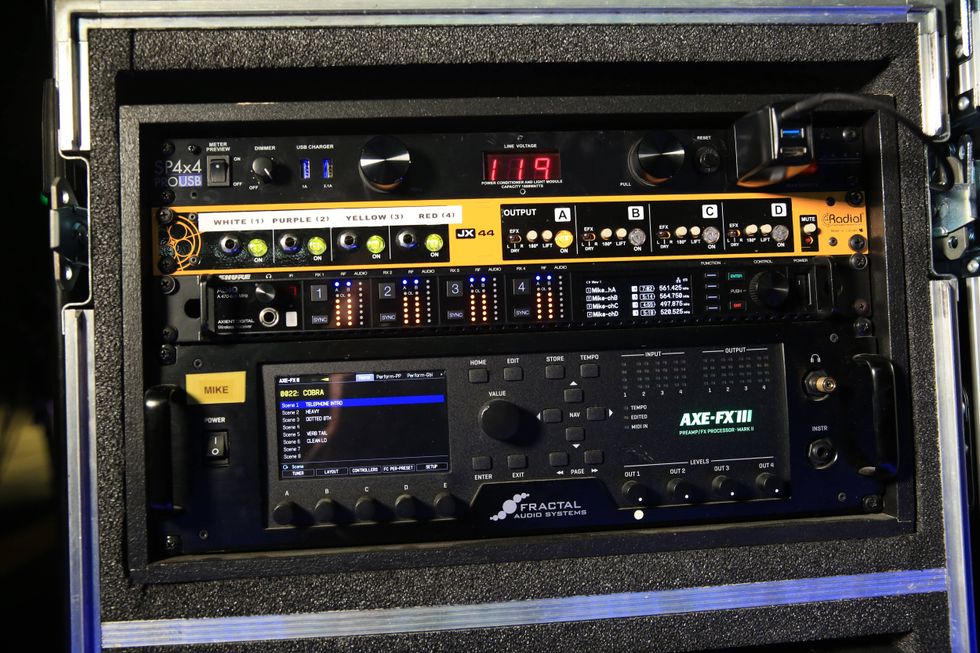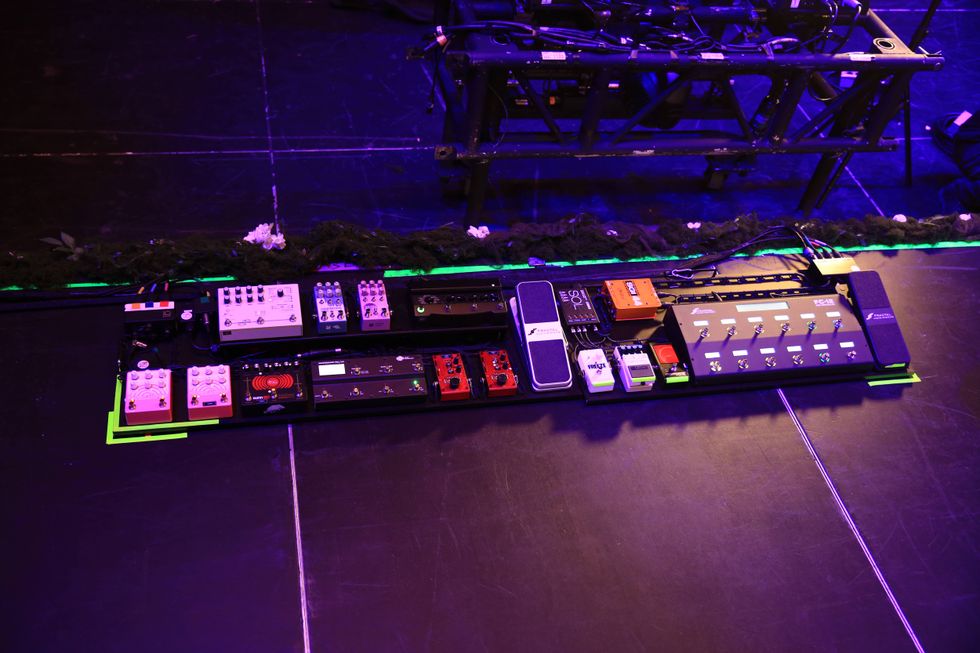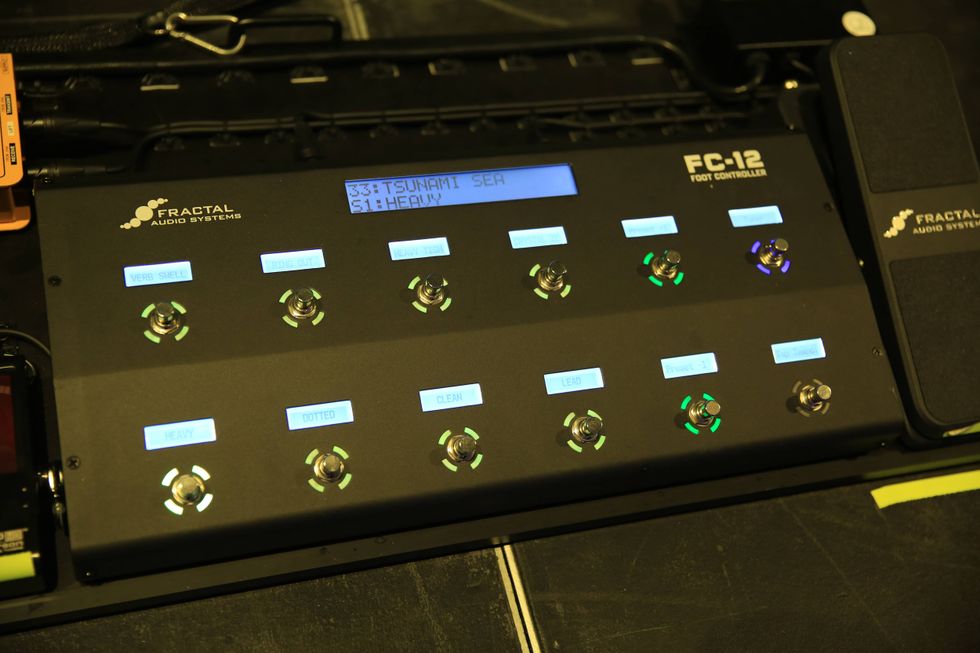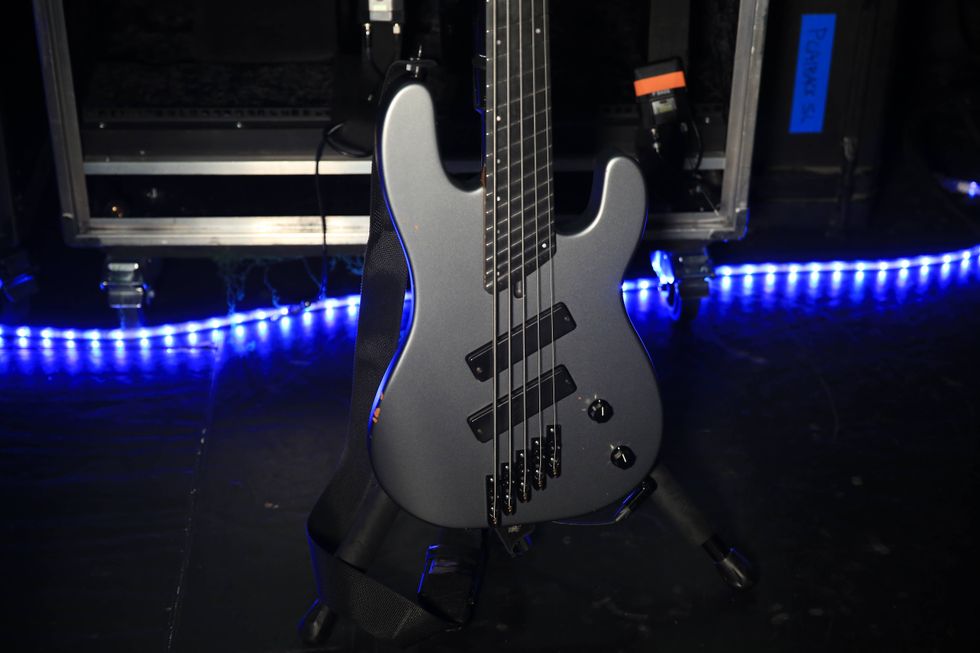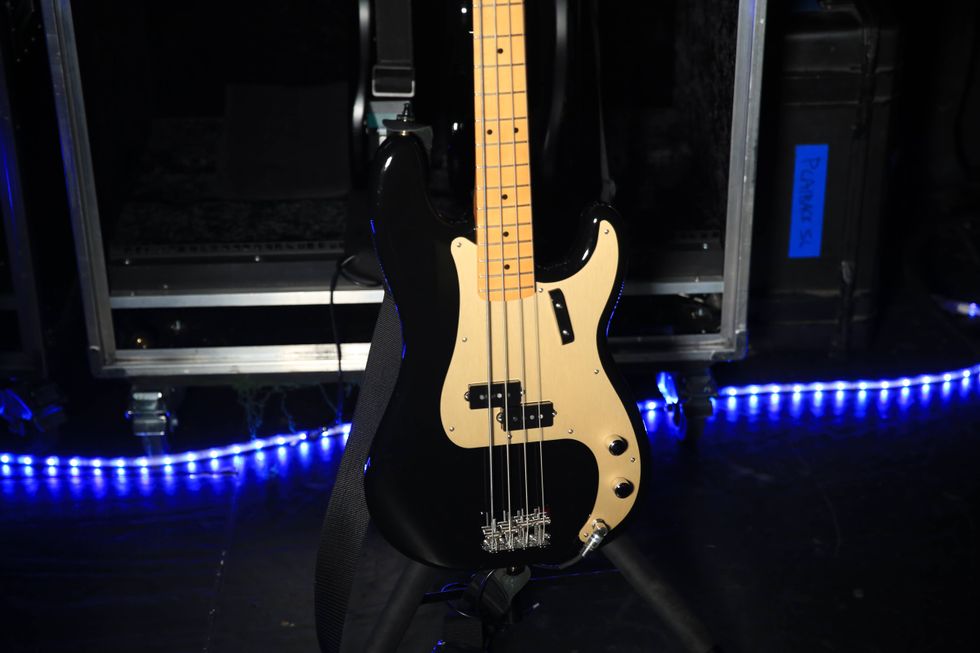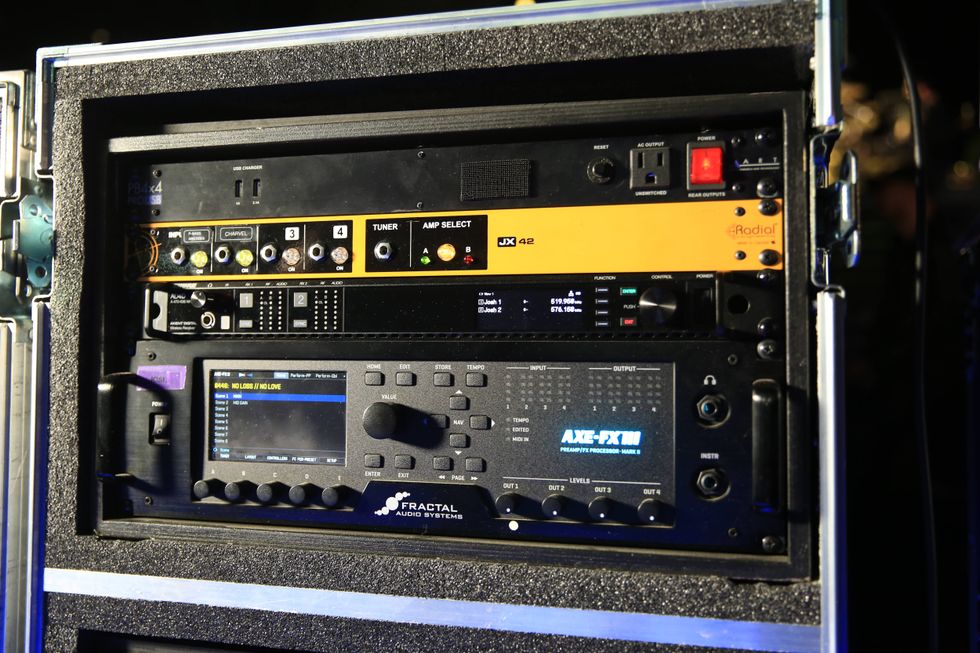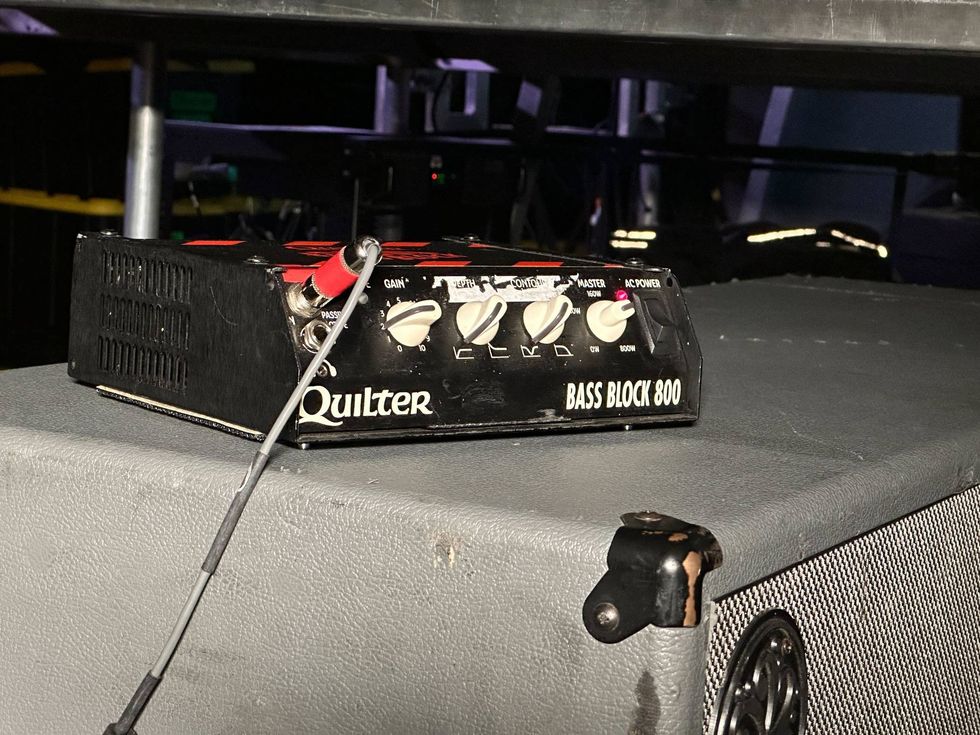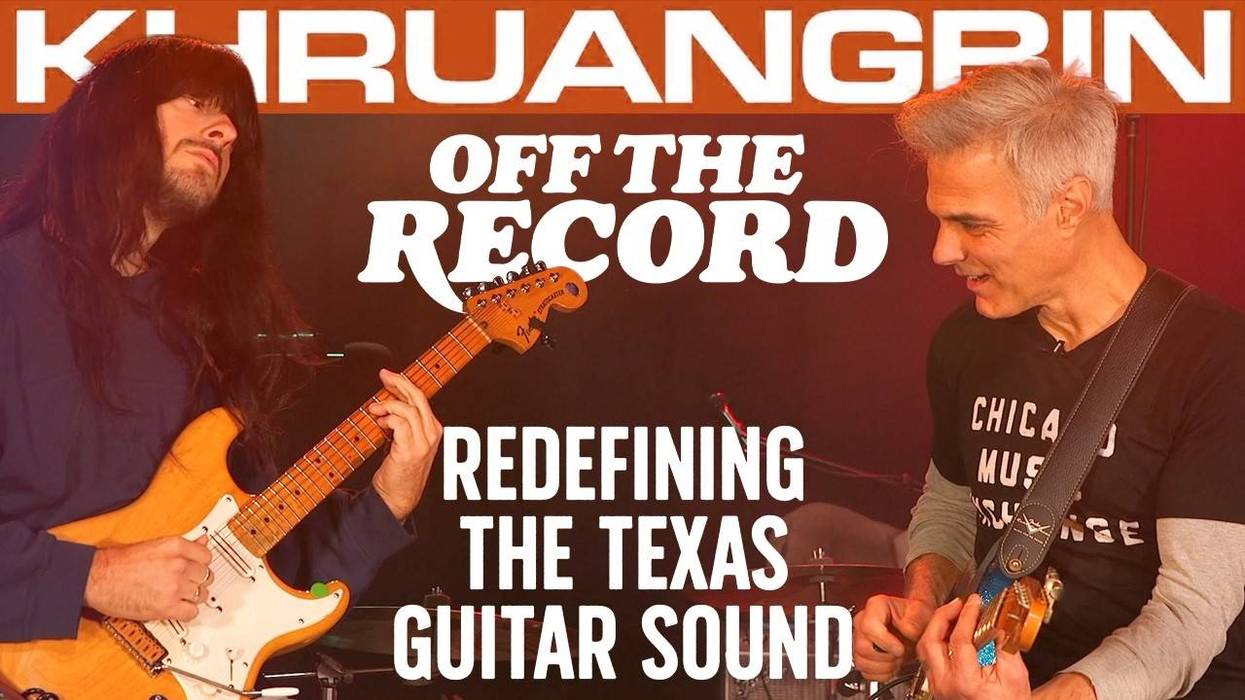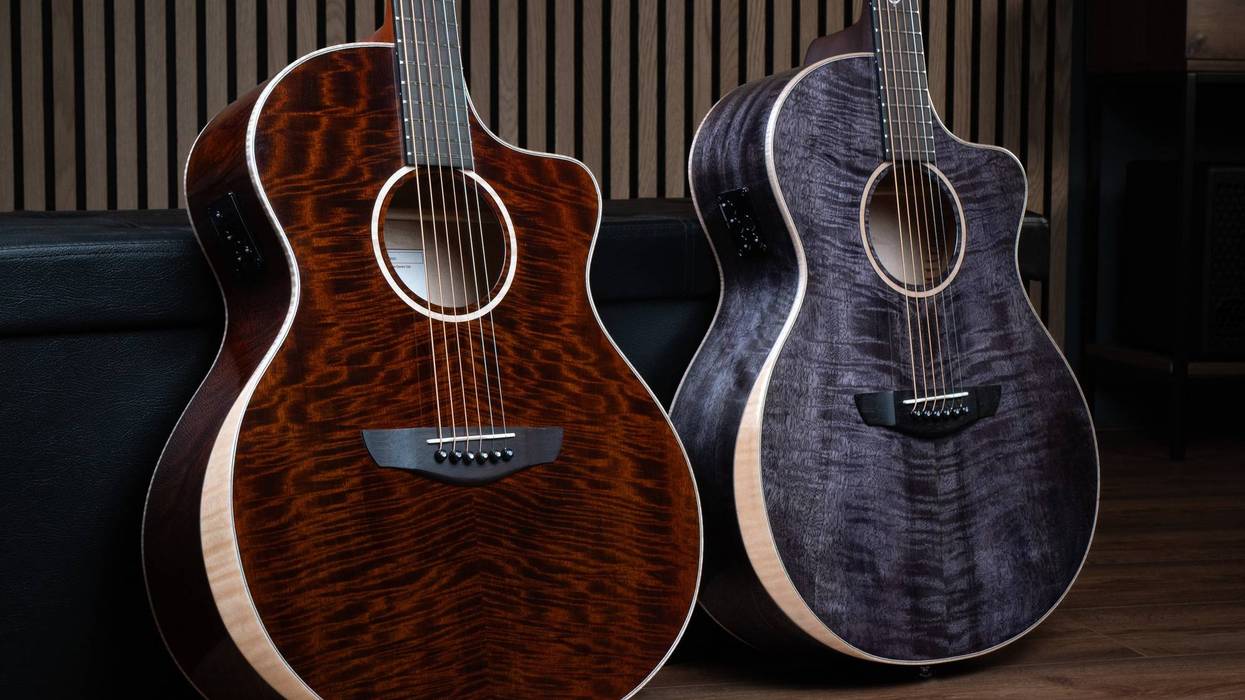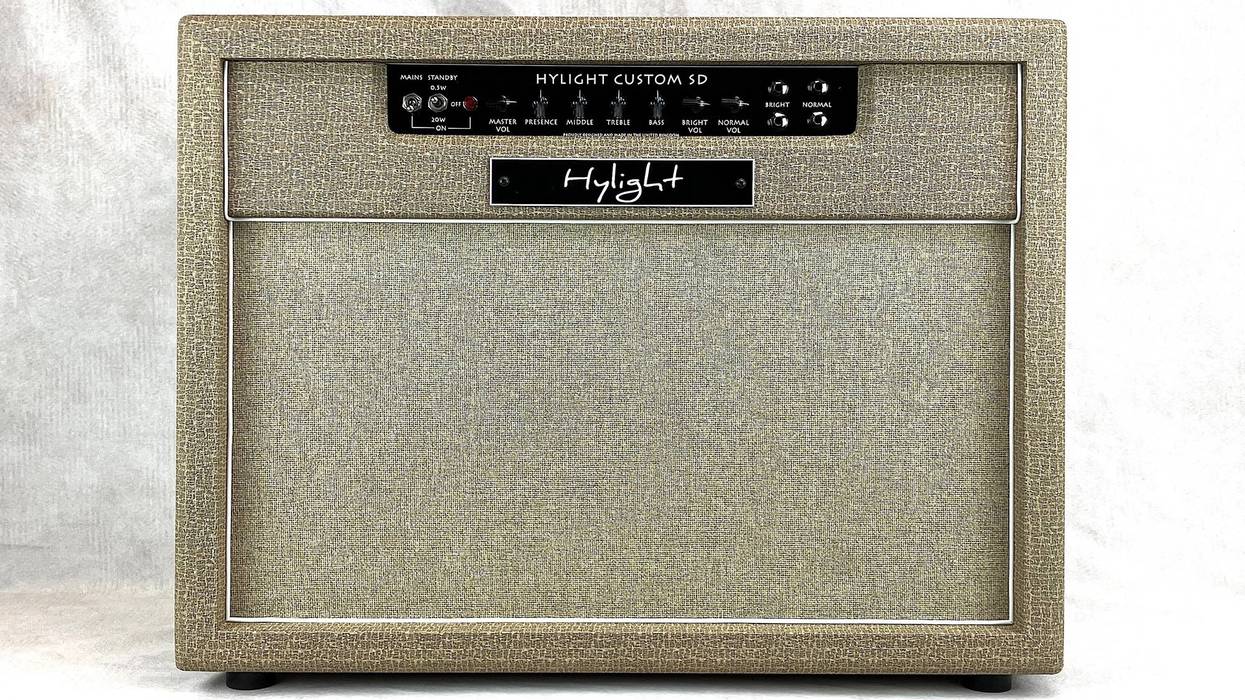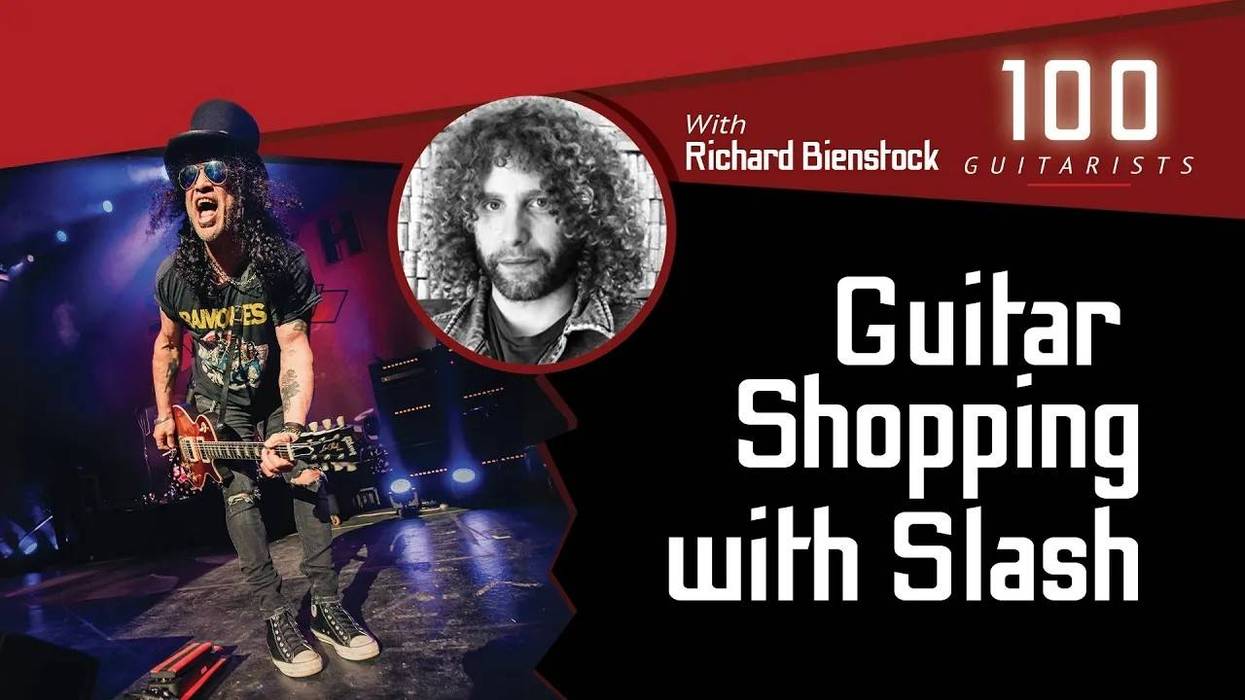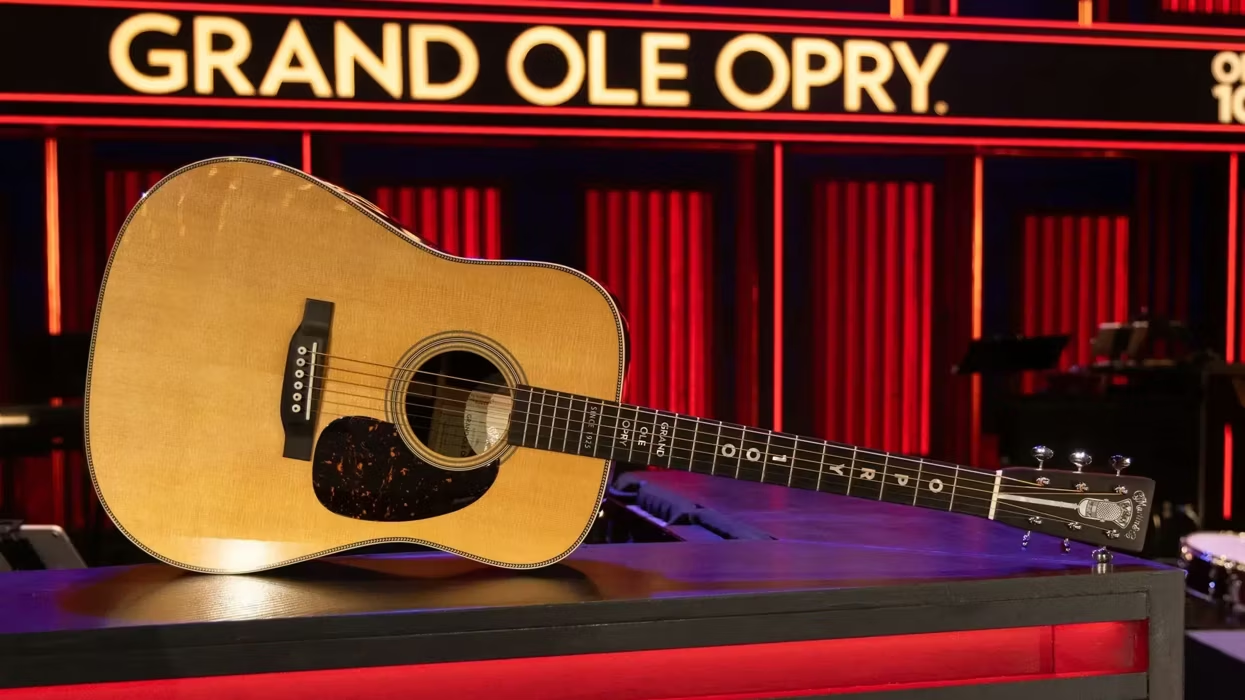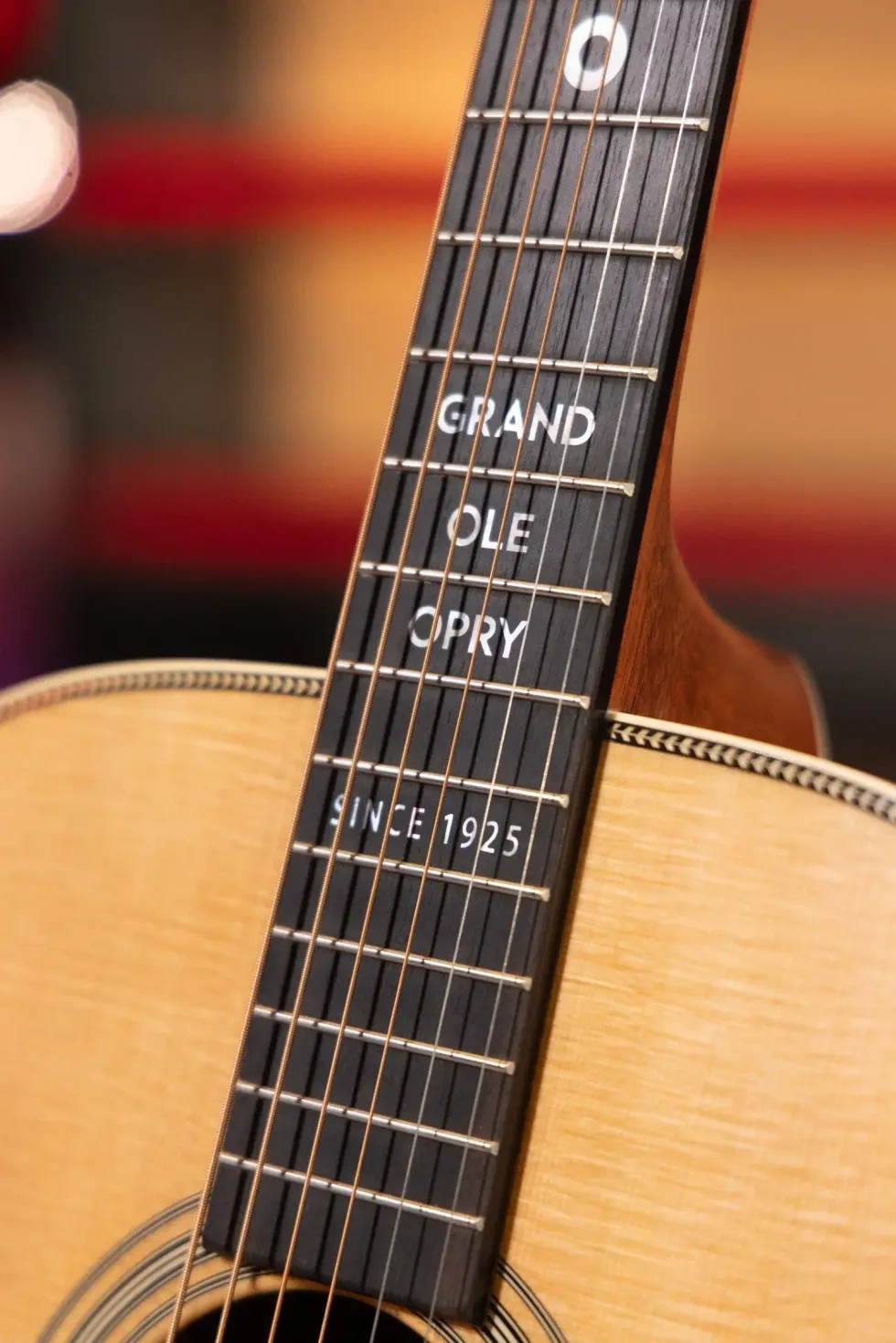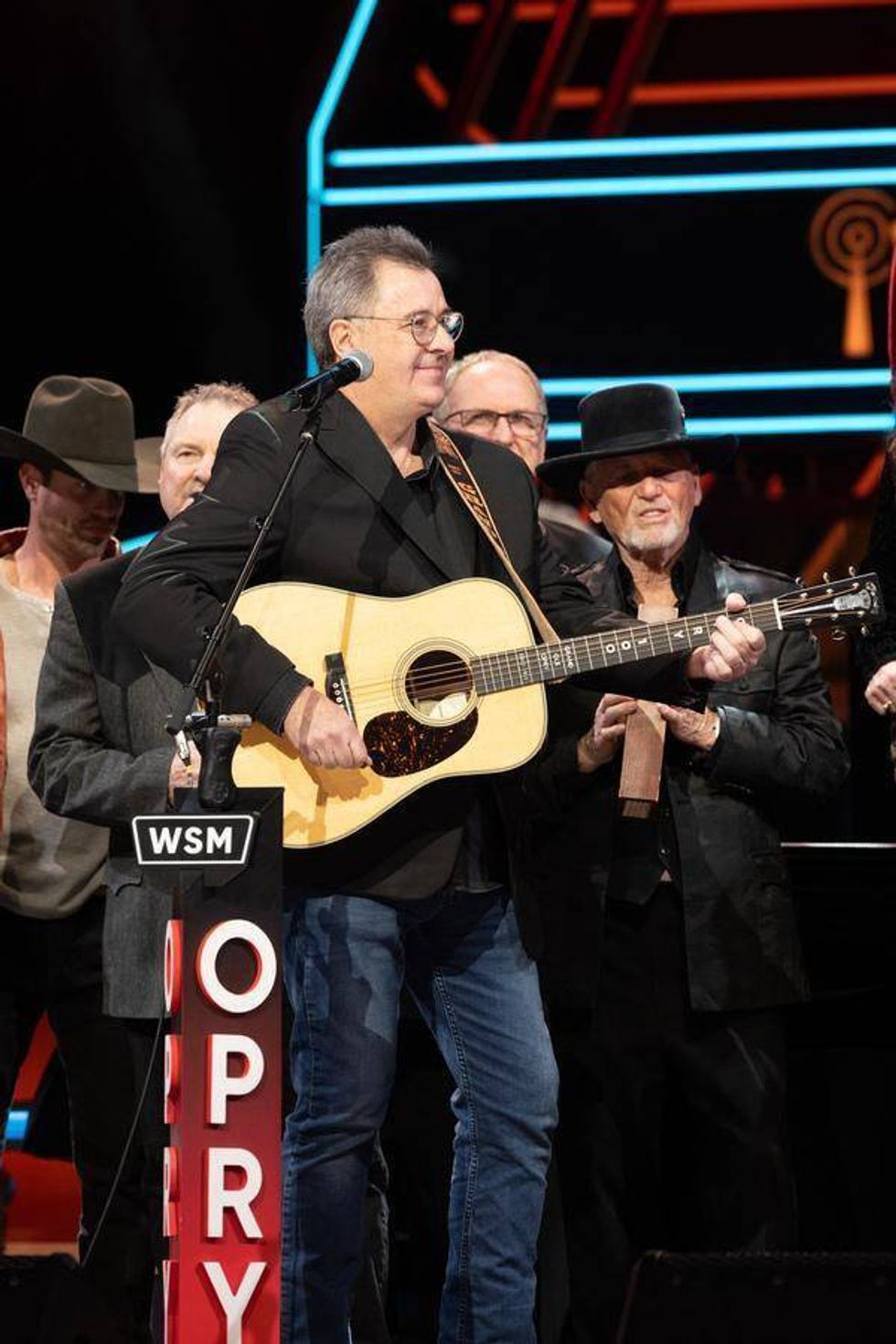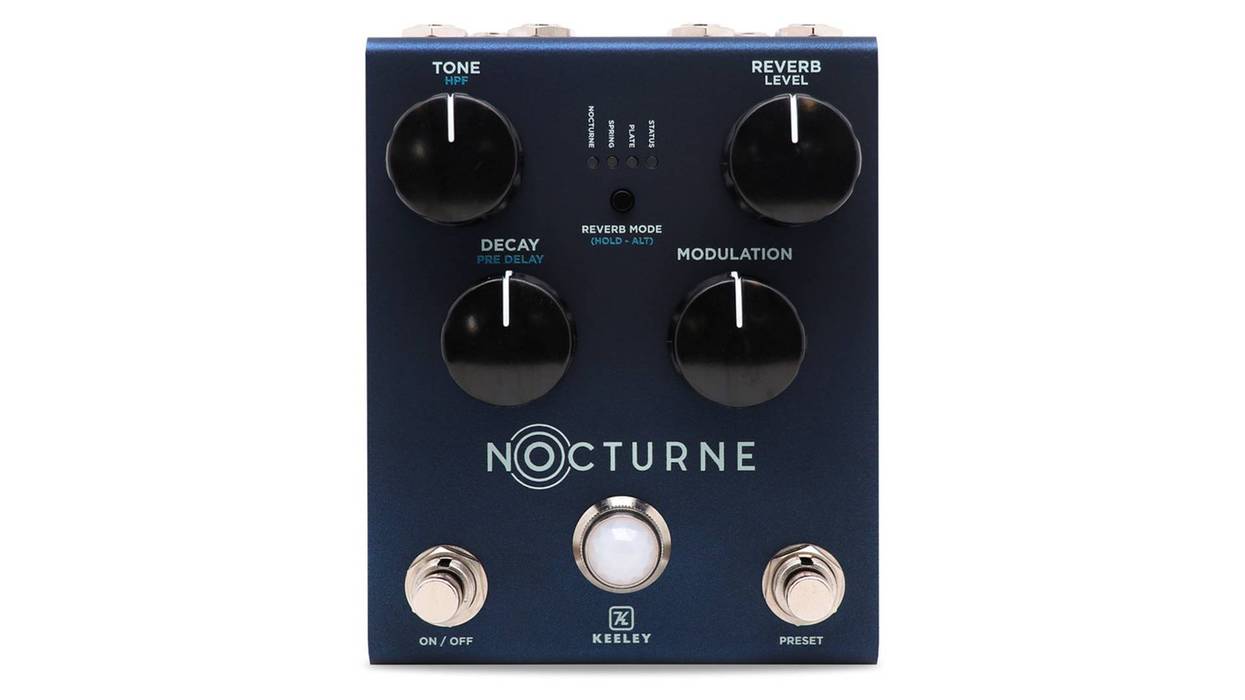In my years of touring, I have seen a seismic shift in the nature of small towns. In the late ’80s, when I first started, each town had its own unique character. Bands would volley back and forth on the best restaurants, thrift stores, curio stores, and more. Touring the Midwest was a slide through myriads of sometimes slightly—but more often vastly—different cultures and communities. As much as I loved the shows, I was just as excited to spend the afternoons discovering or rediscovering the many hidden treasures that made touring really enjoyable.
It was sometime in the early to mid-’90s when we started to see a shift in these towns. Chains replaced small restaurants, coffee shops were disappearing due to the invasion of Starbucks, and pretty much every independent mom-and-pop store went under while Wal-Mart leveled all in its path. Record stores that each had their own personalities and quirks were put out of business by Blockbuster, Walmart, Tower, Hastings, and the like—and radio stations that had been independently owned were gobbled up by Clear Channel.
For an artist like myself, the radio conglomeration was a death knell. Stations that clamored to get my band in the studio for interviews were told that I wasn’t on the playlist, and that they weren’t permitted to have me in. My radio play dried up overnight as Clear Channel swept over control and brought their one-dimensional vision to stations that previously had their own unique sound and local flair.
Perhaps this, in part, accounts for my view on big versus small in the music business because I have always thought small businesses are crucial to a successful community. They simply have more of a vested interest in wherever they are. They sponsor teams, encourage civic growth, and foster local pride that always seems to help the community in the long run. I have seen this work to great effect in my old hometown of Austin, Texas, where I had the great experience of associating myself with small-scale luthiers, pedal builders, and amp builders.
I’ve also had the opportunity to work with some of the biggest guitar companies in the world throughout my career. These were great personal experiences—everyone was always very cool to me, and there were many kind people—but getting anything done oftentimes was incredibly difficult. Wires would get crossed in the company between the A&R guy and the custom shop builders, and the instrument I got would not be what I requested. No one was directly at fault, but it was disappointing. Other times, my contact would depart the company, leaving me to play phone tag for weeks only to find endorsements had been frozen. With as many benefits the large companies provide—easy access to fairly consistent stock instruments across the country and relatively affordable prices—their size can be a burden as well.
These experiences got me thinking about the types of companies I want to work with. Though some smaller companies can suffer from problems similar to what I experienced with the big guys—disorganization, expanding wait-lists, and spotty communication—I’ve had enough great experiences with small-scale gear businesses to make me a believer.
On this past summer’s tour with Jason Mraz, Grosh guitars bent over backwards to accommodate me, sending a spectacularly crafted guitar and humbly offering to send me whatever I needed if it didn’t work. The guitar was impeccable, both in playability and aesthetics. Chris Forshage from Forshage Guitars went into painstaking detail to bring my old Fender Custom Shop guitars to almost complete replication of my number one. Jason Lollar from Lollar Pickups outfitted a couple of my guitars with perfectly-voiced pickups that made dull guitars shine and sing. My friends at Diamond and Blankenship Amps shipped me a great-sounding amp that was well-voiced for the sonic needs of the tour, and I built my pedalboard around Tortuga, Fulltone, Keeley, Durham, and Pedaltrain pieces.
With every one of these folks, I was able to get them on the phone within minutes if there was a problem or a question. I felt more confident in my rig having all of these guys behind me, and I really valued the ability to talk shop and even be involved in the genesis of new products. I was an early user of Mike Fuller’s pedals and part of the early choir begging him to make a reliable Echoplex. I was dragging three around just to keep one running. Similarly, Jason Lollar and I measure pickups and talk tone all the time. Dave Cowles at GHS may be the head of one of the biggest string companies, but he runs it like a mom-and-pop. He is an old friend now, who has been with me throughout my entire career, and always sends me flagship strings to try with the only caveat being my honesty. I really feel like I have a permanent A-Team around me at all times, and it gives me confidence I wouldn’t have otherwise.
I know the readers at Premier Guitar understand this. Many of the articles from the magazine and website are written on small companies turning out extraordinary gear. I like crafting my sound this way, just like I enjoyed finding each town’s treasures in my early days of touring. I don’t shun something just because it’s manufactured by a big company—I am using a couple of the new Eventide pedals, which are brilliant, and I have a whole studio filled with Fender, Marshall, and Vox amps. But I am most excited about the small-to-mid-level companies that, much like myself and my musical peers, continue to craft their products with only an eye on making theirs the best they can be. I am proud of the company I keep.
 Ian Moore is an Austin, Texas-based guitarist who has had his hands in a bit of everything related to guitar, from an acclaimed solo career to building and modifying his own gear to being a sideman for pop star Jason Mraz. ianmoore.com
Ian Moore is an Austin, Texas-based guitarist who has had his hands in a bit of everything related to guitar, from an acclaimed solo career to building and modifying his own gear to being a sideman for pop star Jason Mraz. ianmoore.com



